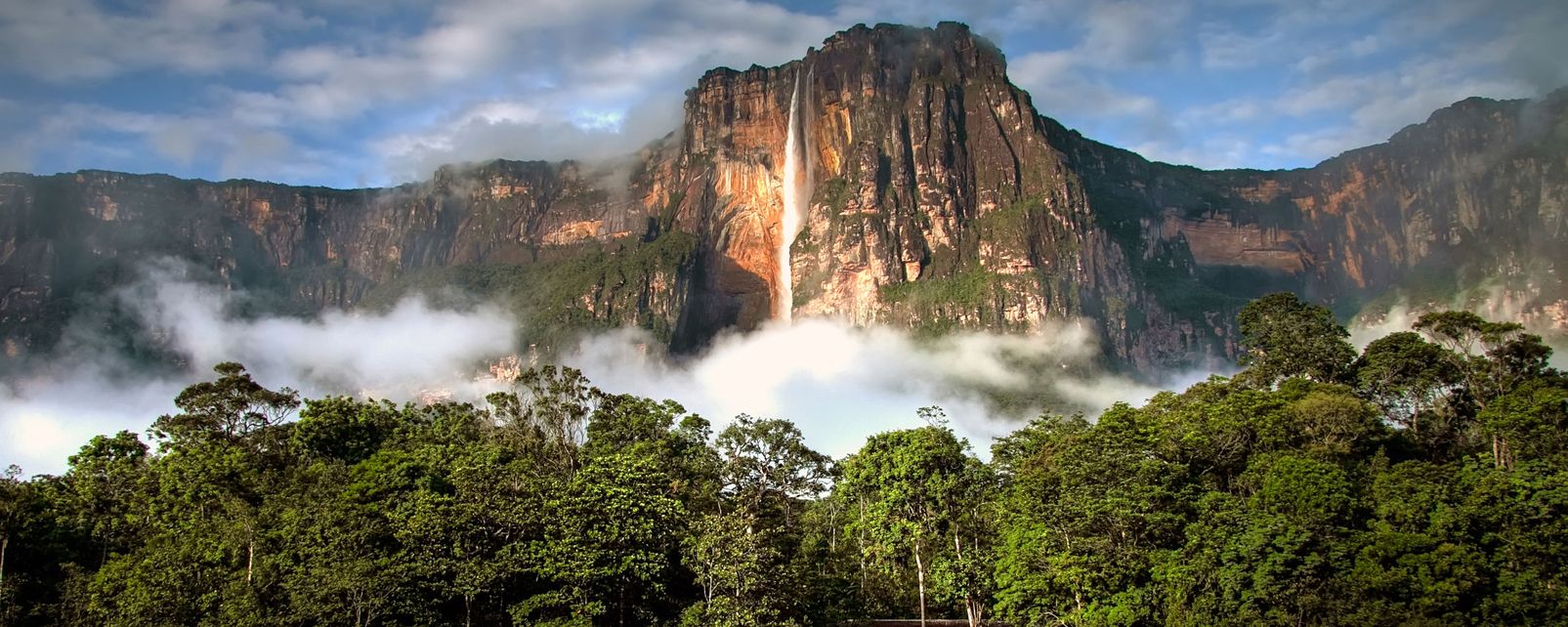 One of the most extraordinary and majestic natural scenes in Venezuela is the Canaima National Park. It is located in the beautiful state of Bolivar, proclaimed a World Heritage Site by Unesco in 1994.
One of the most extraordinary and majestic natural scenes in Venezuela is the Canaima National Park. It is located in the beautiful state of Bolivar, proclaimed a World Heritage Site by Unesco in 1994.
The imposing surface extends for 30,000 square kilometers to the border with Guyana and Brazil, due to its magnitude occupies the sixth place in the category of the largest national parks in the world. More than half of its extension is full of great landscapes formed by plateaus of rocks called tepuyes, as well as cliffs and gigantic waterfalls, being the most famous of the Angel Falls, which presents the highest elevation in the world, nothing more and nothing less than 979 meters
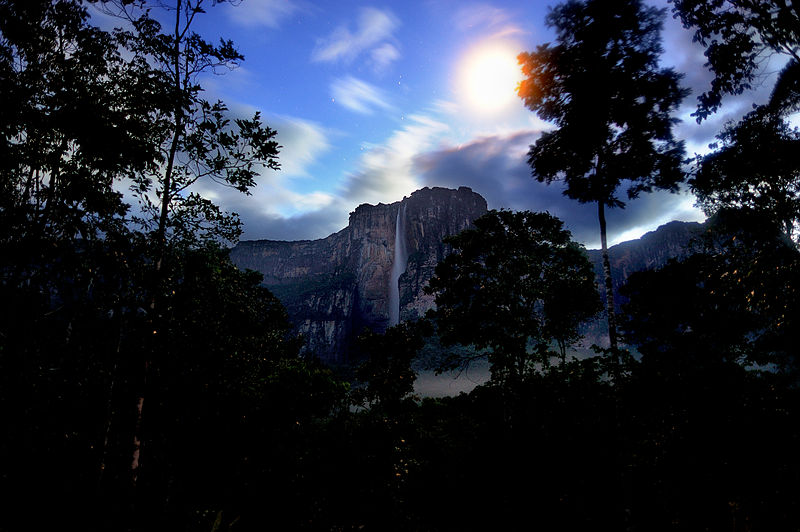
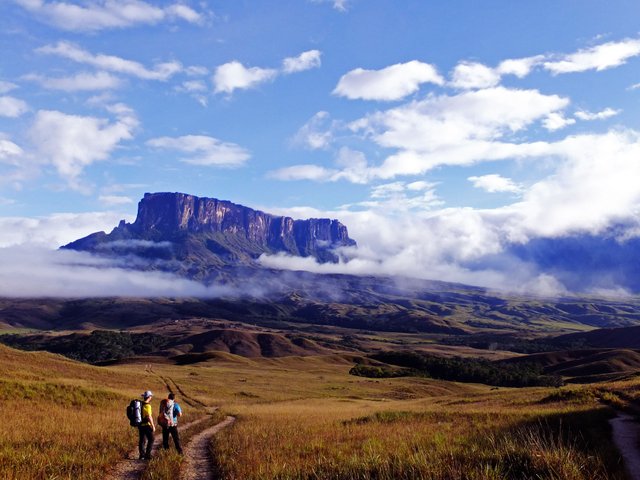
It was proclaimed a national park by UNESCO because it is a magnificent natural reserve that has great and precious steep reliefs unique in the world, especially when mentioning the tepuis, which are the plateaus, those vertical walls and almost flat summits that have millions of years of antiquity. It should be noted that the tepuyes are sandstone rocks and are from the period when America and Africa created their gigantic continent; this type of relief is called Guayanés Massif.
The most famous tepuyes are Mount Roraima, the highest and most accessible of the entire park; the Auyan tepui, being the busiest for tourists, because it is the Angel Falls.
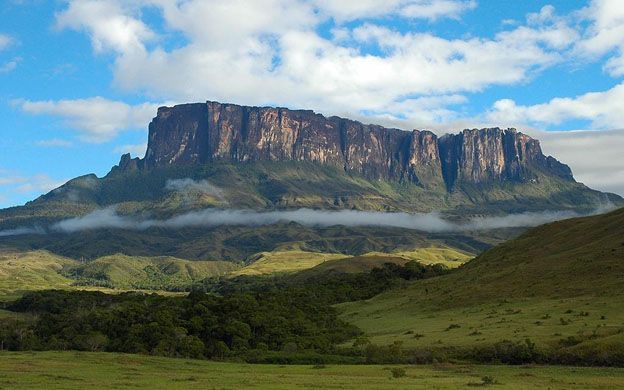
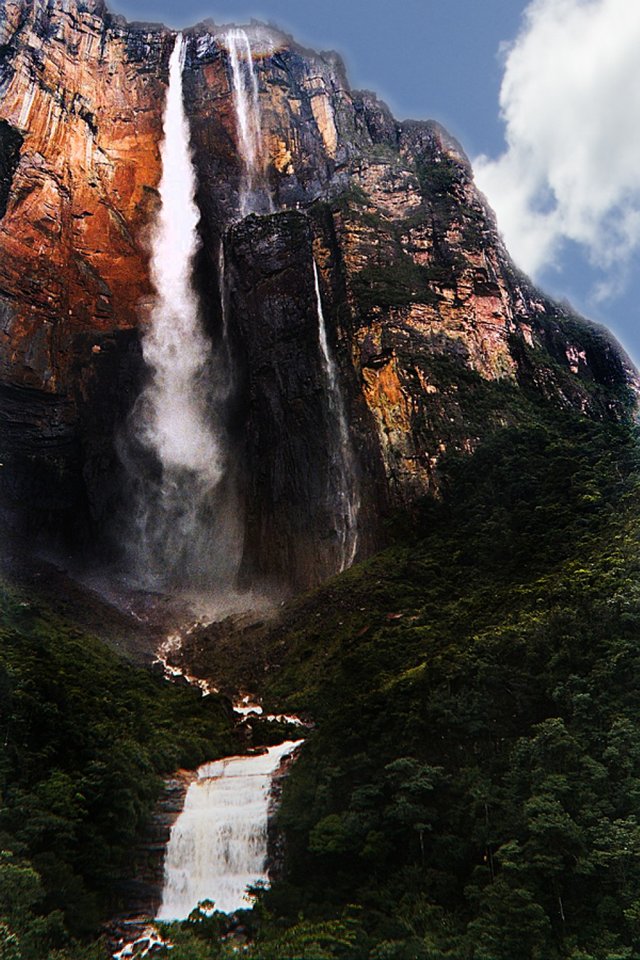

In addition to being the refuge of a diverse fauna and flora, it is the home of the well-known indigenous group Los Pemones, who have a deep relationship and belief that these immense tepuis are the home of the Mawari spirits. This scenario is totally isolated from civilization; It has few routes that communicate with other nearby cities, such as Ciudad Guayana. You must make the tour of this park through canoes, as the most common means.



Among the species that inhabit Canaima, are: the giant water dog, the puma, the jaguar, the harpy eagle, the mining sapito, the dwarf macaw, among others. As for the flora, there are approximately 300 endemic species only in the Gran Sabana; such as Chimantaea, Quelchia, Tepuia, among others; and insectivorous classes such as Bromelia, Heliamphora, Drosera, among others
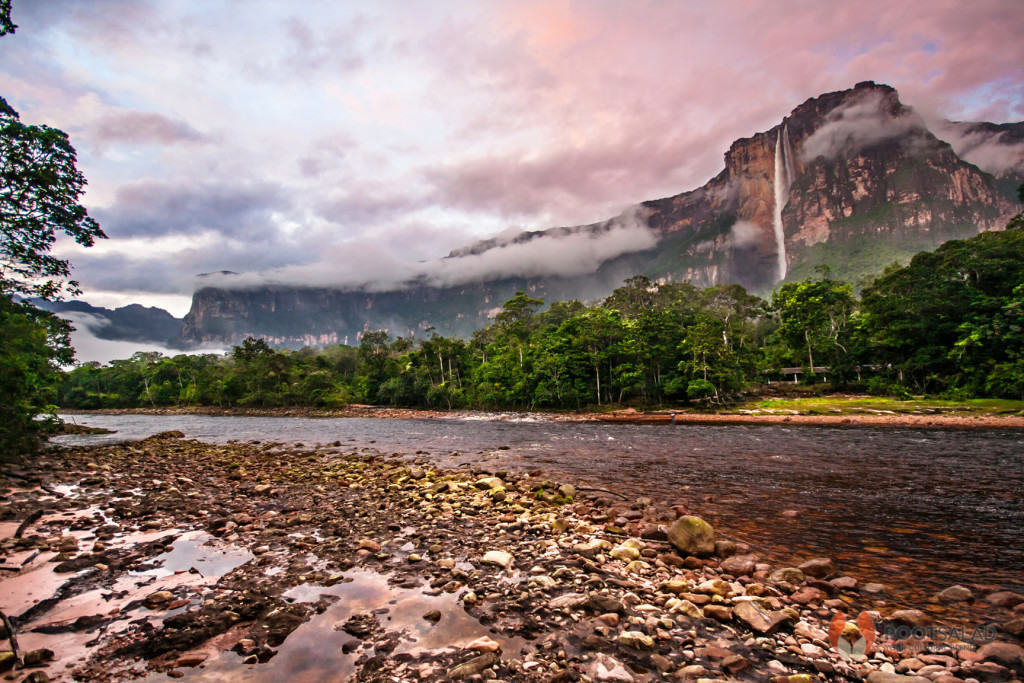
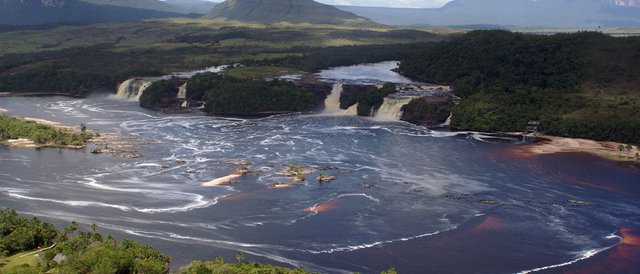

Hello,
We have found that the above image may have been copied from:
https://teaisfortravel.wordpress.com/2014/07/06/a-little-snap-kukenan-tepuy-venezuela/
Not indicating that the content you copy/paste including images is not your original work could be seen as plagiarism.
Here is a post on why this is bad, and here is how easy it is to find allowed photos.
#photography
Please refrain from using #photography for posting art, posting graphics, posting other people's photos without proper attribution or explicitly stating it's not yours.
Repeated use of the #photography tag when posting other people's photos without attribution or indicating it isn't yours could be considered spam. Spam is discouraged by the community and may result in action from the cheetah bot.
If you are the photographer please reply and let us know!
Thank You,
TIP: You can edit any tag but the first!
More Info: Abuse Guide - 2017.
Downvoting a post can decrease pending rewards and make it less visible. Common reasons:
Submit
Use your story telling skills to WIN "FIVE WORD STORIES" daily challenges. I announce winners every Saturday.
Happy Steeming
NOTE: Your participation is through commenting on the challenge photos I post, not posting photos
Downvoting a post can decrease pending rewards and make it less visible. Common reasons:
Submit